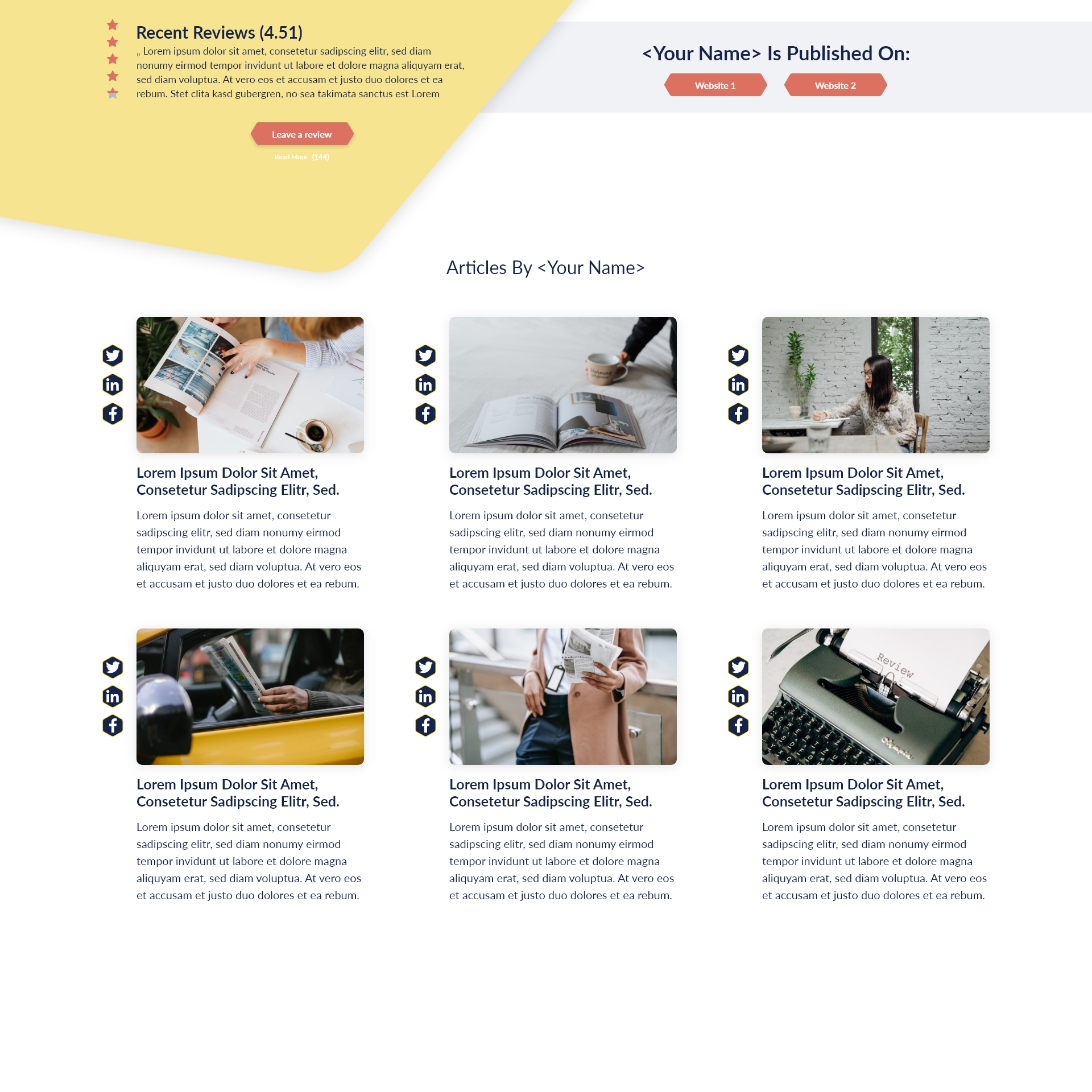Key Takeaways:
- Motivating and influencing teams is essential for effective leadership, and can be achieved through clear communication and understanding team dynamics.
- Implementing effective time management strategies can improve productivity and employee engagement, resulting in a more successful organization.
Motivating and influencing your teams is a crucial responsibility of any leader aiming to enhance productivity and job satisfaction within the workplace. This article provides actionable insights and strategies to effectively inspire and influence your team, creating a thriving work environment that fosters collaboration and achievement.
Why is Team Motivation Important?
A motivated team is essential to the success of any organization. When team members are engaged and enthusiastic about their work, productivity increases alongside morale. Understanding what motivates your employees can help you influence them effectively.
What are Effective Strategies for Motivating Your Teams?
-
Set Clear Goals
One of the first steps in motivating a team is to establish specific, measurable, achievable, relevant, and time-bound (SMART) goals. By setting clear goals, team members understand what is expected of them and how their contributions fit into the larger objectives of the organization. Regular check-ins to assess progress toward these goals keep motivation high by providing a sense of accomplishment. -
Recognize and Appreciate Contributions
Recognition plays a pivotal role in motivation. Acknowledging the hard work and achievements of your teams fosters a culture of appreciation. Regularly highlight what individuals and teams are doing well, whether through formal recognition programs or informal shout-outs during meetings. -
Foster Open Communication
Open lines of communication are critical in building trust and rapport within a team. Encourage your team members to share their ideas, feedback, and concerns. This creates an inclusive atmosphere where everyone feels valued and motivated to contribute. -
Promote Professional Development
Investing in your team’s growth not only enhances their skills but also shows that you care about their future. Offer opportunities for training, workshops, or mentorship programs to help them develop professionally. When team members see that their growth is a priority, they are more likely to feel motivated to contribute to the organization. -
Build Strong Relationships
A successful leader understands the value of relationship-building within their team. Take time to understand your team members on a personal level; their aspirations, challenges, and interests. This empathy goes a long way in influencing their engagement and motivation levels.
How Can You Influence Your Team Effectively?
Influencing your team requires more than just a title; it demands respect, credibility, and a willingness to serve as a supportive leader.
-
Lead by Example
Demonstrate the behavior you want to see in your team. If you want your team to communicate effectively, be open, honest, and transparent in your communications. Your actions set the tone for the entire team. -
Encourage Collaboration
Foster a culture of collaboration where team members work together towards common goals. Encouraging teamwork can lead to innovative solutions and improved morale as individuals support one another. -
Provide Constructive Feedback
Delivering feedback is a critical aspect of influencing your team. Utilize constructive feedback rather than focusing solely on areas of improvement. Celebrate successes while providing actionable recommendations for growth. -
Adapt to Each Team Member’s Style
Understand that each individual may respond differently to motivation and influence. Pay attention to what resonates with each team member and adapt your approaches accordingly. This personalization enhances your effectiveness as a leader and builds stronger relationships.
What Role Does Employee Engagement Play?
Employee engagement is a reflection of how connected and invested your team is in their work. Engaged employees are more likely to go above and beyond. Strategies to improve engagement include:
- Offering Flexible Work Options: Allowing employees to have control over their work schedule can lead to increased satisfaction and productivity.
- Conducting Engagement Surveys: Regularly gathering feedback from your team can help identify areas of improvement and empower them to contribute to solutions.
Conclusion
In today’s ever-evolving work environment, it is imperative for leaders to effectively motivate and influence their teams in order to foster an atmosphere of productivity and collaboration. By implementing these strategies and understanding the unique dynamics of your team, you can unlock the potential not only within each individual but within the entire organization.
Motivating and influencing your team is not a one-time effort but a continuous process that necessitates commitment and adaptability. As a leader, your dedication to these principles will create a workplace where employees feel valued, engaged, and motivated to excel.








